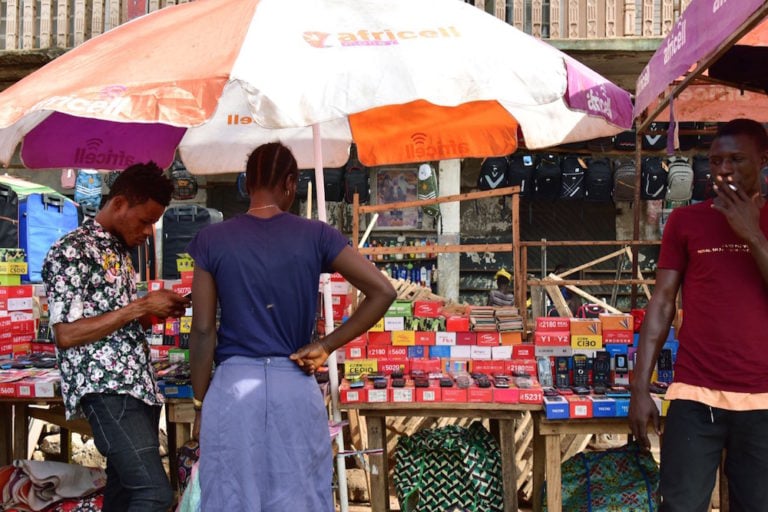(MISA/IFEX) – In March 2001, the Namibian government slapped an advertising boycott on “The Namibian” newspaper, claiming the newspaper is too critical of its policies. The decision to ban advertising was taken at a Cabinet meeting on 5 December 2000. However, in March, government departments were reminded to heed the Cabinet decision “with immediate effect”. […]
(MISA/IFEX) – In March 2001, the Namibian government slapped an advertising boycott on “The Namibian” newspaper, claiming the newspaper is too critical of its policies. The decision to ban advertising was taken at a Cabinet meeting on 5 December 2000. However, in March, government departments were reminded to heed the Cabinet decision “with immediate effect”.
Following is a statement by editor of “The Namibian” newspaper Gwen Lister, in response to President Sam Nujoma’s order for a total ban on the purchase of “The Namibian” by the Government of the Republic of Namibia.
Lister writes:
We are both shocked and saddened by the news that President Sam Nujoma has ordered government to cancel purchase orders for The Namibian coming as it does in the wake of a Cabinet decision taken on December 5 last year to halt all government advertising in the newspaper.
It is however important to note that the newspaper has at no stage depended on either the government advertising or newspaper purchases for its survival. Neither should the impression be given that the government has ‘subsidised’ us in any way. Government advertising accounted for just over 56 per cent of our total advertising revenue; and newspaper sales to government have been 429 per day.
Adverts, when they were placed in the past, were presumably placed in order to reach the readers of The Namibian, which has a national audience; and likewise purchase of the newspaper by government was presumably done so that that officials could inform themselves on what was happening in the country.
The decision to refrain from advertising in The Namibian was taken, not for economic reasons, but in the words of the Cabinet, because of The Namibian’s ‘anti-government stance’. According to the President’s most recent directive, the decision to stop purchase orders of the newspaper by government, is simply in line with the earlier Cabinet decision.
We accept that it is the democratic right of the President or any other citizen of Namibia for that matter, to criticise or take issue with the newspaper itself or its independent editorial stance, or for that matter, not to read and/or advertise in The Namibian if they choose not to do so.
However, the fact that the head of state has initiated both an advertising ban and a government purchase boycott of the newspaper has serious repercussions for the future of media freedom in this country, and this is the most worrying aspect. The newspaper will survive the government ad ban as well as the purchase boycott, but what we cannot say, is whether this campaign will be taken any further, and if so, what the medium and long-term repercussions will be.
The Namibian survived the apartheid era, but more than this, made the transition from pre-independence donor dependency to a position of financial viability. Along with our financial survival is our policy to put back into the community which has supported us since our inception in 1985, and various social responsibility projects are already underway. They include a fully subsidised weekly Youthpaper, targeting the youth of our country in an attempt to empower and uplift; sponsorship of The Namibian Newspaper Cup, an annual regional soccer tournament, the first of which was a successful event held in Windhoek last weekend; as well as various other smaller projects we support.
The apparent polarisation between the Office of the President and this newspaper is of course a matter for concern, and I hope that in the future an opportunity may arise where it would be possible to openly discuss the concerns which have given rise to the present situation in an attempt to resolve the impasse.
Gwen Lister
Editor
The Namibian


